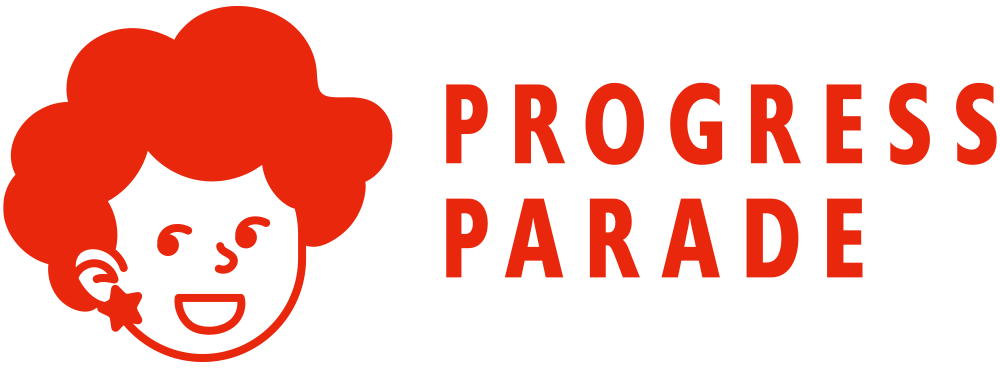What are the different backgrounds of special education tutors?
If you’ve got a student with ADHD, learning disabilities, autism, or other diverse learning needs, you may be considering hiring a special education tutor. Educators have a lot of different backgrounds and specialities, so we wanted to spend some time explaining some different backgrounds and approaches of a special Ed tutor and educational therapist.
Special education teachers
Many special education tutors are trained as public school special education teachers. This usually means they studied special education in undergraduate or graduate school and passed the necessary state licensure tests. The title of the license that a special education teacher needs varies quite a bit, state by state. Some examples of names of licenses of special education teachers are learning behavior specialist, learning specialists, and certificate for students with disabilities.
Reading specialists
If your student is specifically struggling with reading, you may want to look at working with a reading specialist. Reading specialists can work with students on all aspects of reading including pre-literacy skills, decoding, fluency, and reading comprehension. Reading is a critically vital skill since it’s used eventually in all subjects, so reading is one of our most common referral areas. Reading specialists often have undergraduate or graduate degrees in reading or literacy and sometimes have also passed additional tests to demonstrate competency. Many states do provide licenses or special certifications to reading specialists once they’ve completed all the prerequisites.
Math specialists
Many states don't have a particular professional educator license for math specialists, but that doesn’t mean they don’t exist! If your student is struggling with math skills and needs someone extra specialized, you’ll want to look for a teacher who has had coursework in math instruction and has taught many math courses, both individually and in small groups. Having background, training and experience in teaching math (and a passion for math) really help a math specialist be able to connect with their student to make math content understandable. Many students tell themselves they’re “bad at math”. We love to work with students to change this self-talk!
“Reading specialists can work with students on all aspects of reading including pre-literacy skills, decoding, fluency, and reading comprehension.”
Tutors who specialize in Orton-Gillingham, Wilson, and other multi- sensory methods
Sometimes when students are diagnosed with learning disabilities in reading (aka dyslexia), they are referred for multi-sensory reading methods like the Wilson reading system, Orton-Gillingham, and SLANT. Multi-sensory reading methods combine kinesthetic movement with phonics instruction. Many parents and professionals love these methods for diverse learners and many learning disability evaluators will recommend these specific approaches to students after an evaluation.
There are a variety of ways to get certified or trained to teach these methods, so it’s important to ask any potential tutors about their training. In most cases, multi-sensory training is going to be training that happens separately from any college or graduate education classes for education certifications. That means teachers who are trained in multi-sensory methods may or may not be certified teachers.
Executive functioning coaches
There are some different courses out there to study executive functioning coaching, but there is currently no widely recognized certification or training course to become an executive functioning coach. Many executive functioning coaches are professional educators, but some are therapists, ADHD coaches, or people who believe they have the passion and knowledge necessary. The term “executive functioning coach” has no controlled training requirement or definition, so it’s important to ask questions about the experience and certifications of any executive functioning coaches you may hire.
Educational Therapist
Similar to executive functioning coaches, there is no widely recognized certification to become an educational therapist (ET). Most ETs will have some professional training and educational background, but it is ultimately up to the potential client to learn about the background and training of an ET they’re considering working with. Though there are no widely recognized certifications, organizations like the Association of Educational Therapists (AET) offer opportunities for peer consultation and professional development.
“Multi-sensory reading methods combine kinesthetic movement with phonics instruction.”
Hopefully you have a better idea of all of the different types of specialized tutors that exist for diverse learners. If you’re feeling overwhelmed by all of these options, we’re here for you! We here at Progress Parade are a team of specialized educators, including all of the types described here. We’d love to speak with you further about your student’s needs to choose the perfect pro to help them turn their learning challenges into life- changing achievements. Our team is here and ready to help!
Progress Parade founder explains some different backgrounds and approaches of special education tutors.
































